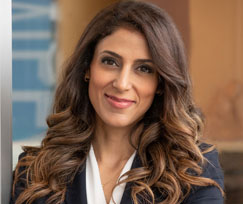Soft Drinks and Your Teeth
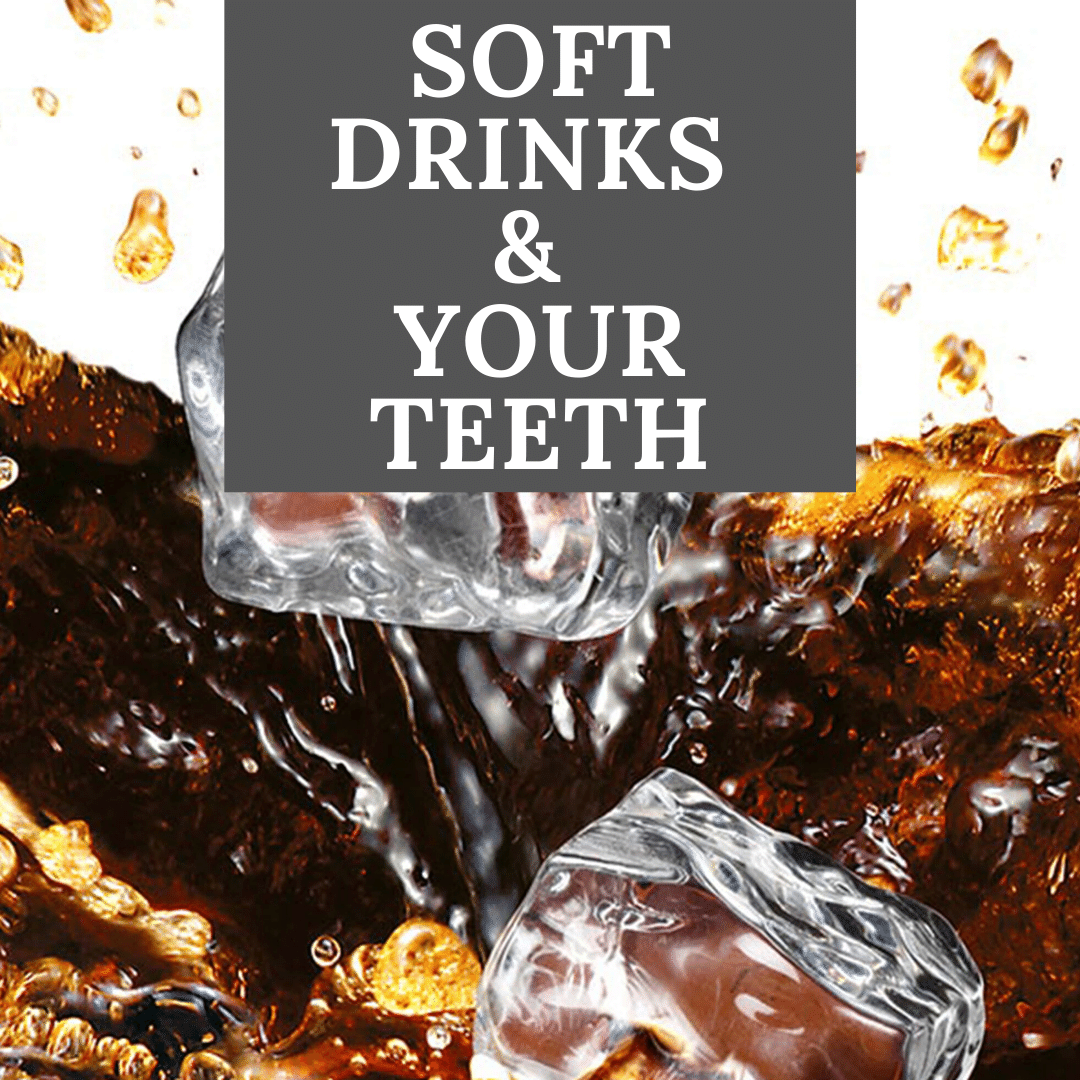
When it comes to maintaining your oral health, many people know that brushing twice a day and flossing daily are important. Many people also realize the importance of regular dental visits every six months for an exam and cleaning. However, did you know that your oral health can also be impacted simply by the beverages you drink?
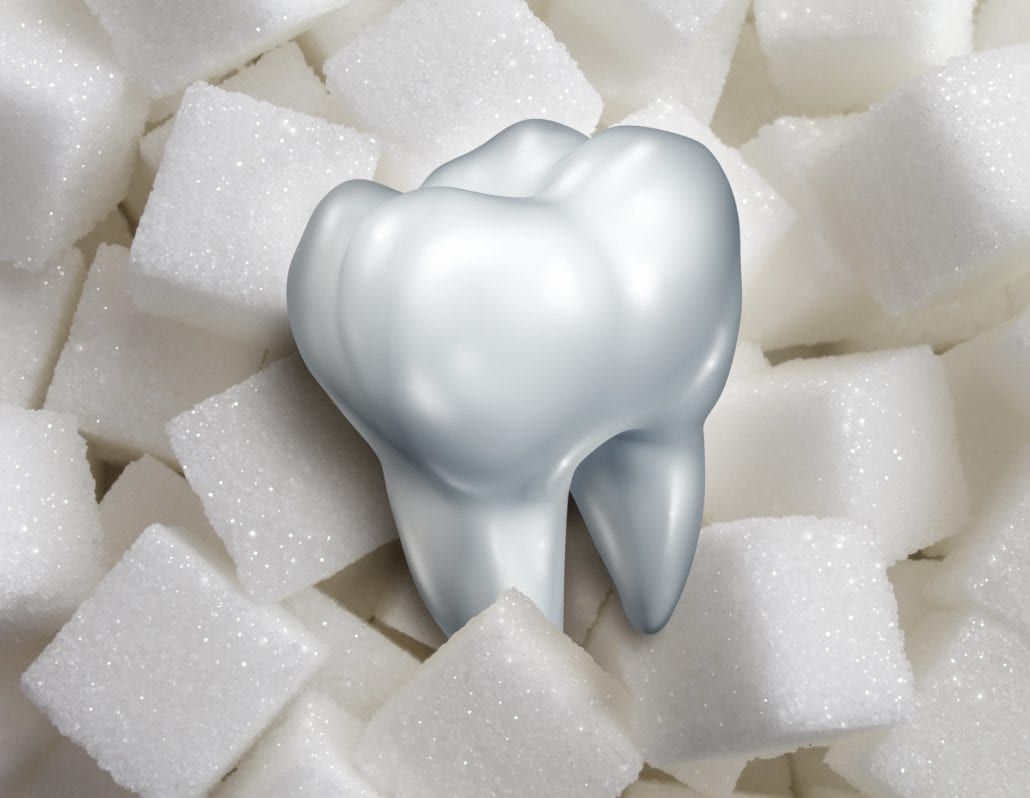
Although beverages only spend a short time passing through our mouth, they can still affect our teeth. Soft drinks are one of the most common beverages that people tend to drink on a daily basis. Unfortunately, many soft drinks contain various ingredients that cause them to have a negative impact on both our overall and oral health. In addition to contributing to medical conditions like obesity and type-2 diabetes, soft drinks can also cause dental erosion and decay.
This is because soft drinks contain two main ingredients that are bad for our teeth. Namely, these are acid and sugar. Almost every soft drink contains tartaric, citric, or phosphoric acid, and many soft drinks contain copious amounts of sugar. Even sugar-free soft drinks are still considered to be detrimental due to the fact that they still contain acid.
When acid comes in contact with tooth enamel, it weakens the enamel and causes it to erode, or become thinner. The more acid, the worse the erosion. Additionally, the erosion process starts with the first sip of a soft drink and continues for 20-30 minutes after the last drop has been swallowed. This is because the saliva also becomes more acidic when consuming soft drinks.
While sugar does not directly harm the teeth in the same way as acid, it is used as a food source by the bacteria that cause tooth decay. Once the sugar has been consumed by bacteria, it is then excreted as an acidic waste product directly onto the tooth’s surface. This amplifies the acid attack, especially in particular areas where bacteria have accumulated. Not only that, but having a readily available food source allows the bacteria to reproduce, causing an increase in their population.
Since many people do not wish to stop drinking their favorite soft drinks altogether, here are a few tips we recommend to reduce the risk of dental erosion or decay:
Limit Yourself
Limiting the amount of soft drinks you consume will limit the amount of acid and sugar that you expose your teeth to. The less soft drinks you consume, the less risk you have of developing tooth decay or eroded enamel.
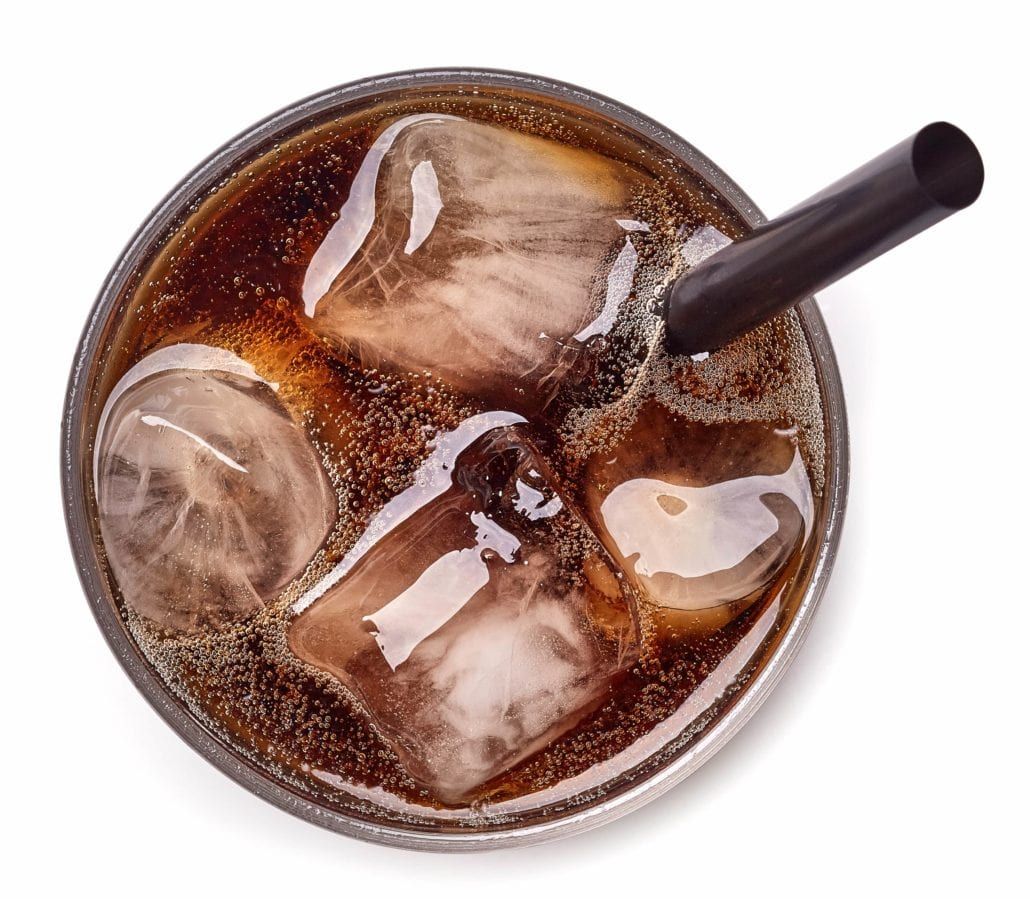
Use a Drinking Straw
Another good way to reduce your risk is to use a drinking straw when consuming soft drinks. This is because straws help to funnel the beverage past your teeth into the back of your mouth. This reduces the amount of acid and sugar that is able to come into direct contact with your teeth.
Don’t Linger
Another way to reduce the amount of contact your teeth have with acid and sugar is to drink quickly. The damage to your teeth occurs as soon as you start drinking and ends 20-30 minutes after you have finished. This means slower drinking can actually amplify the damage.
See Your Dentist
Since soft drink consumption increases the risk of dental erosion and decay, it is highly important to schedule regular exams and cleanings with your dentist. This will allow your dentist to make sure your teeth are in good condition, while also removing excess bacteria from your mouth.
Overall, what you put into your mouth is just as important as regular brushing, flossing, and dental appointments. Soft drinks are an unfortunate risk to your oral health due to their high acid and sugar content. However, there are certain tips you can use to decrease this risk.
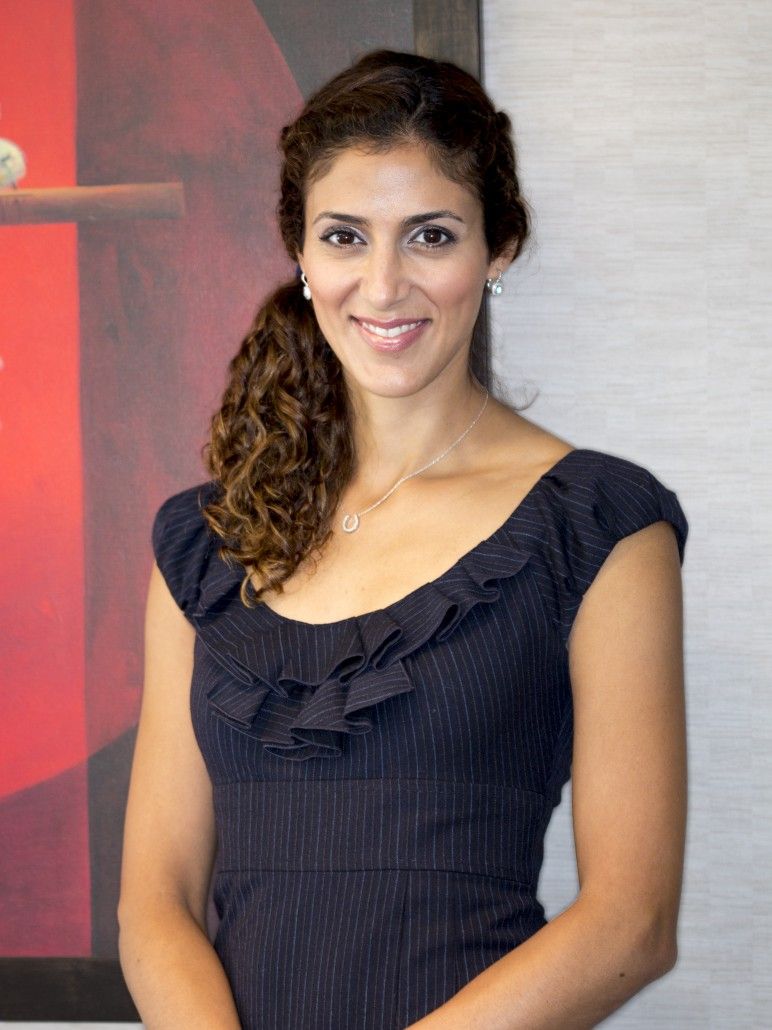
Dr. Lila Nabi earned her Doctor of Medical Dentistry (DMD) at the University of British Columbia and is a member of the following dental organizations: AACA, CACD, BCDA, CDA, BCDS, and KIA. She has completed extensive continuing education courses at the world renowned Kois Centre in Seattle, Washington, Oral Surgery Externship program at Loma Linda University, LA. She has also participated in over 200 hours of continuing education at the Spear Centre in Phoenix, Arizona led by Dr. Frank Spear. Dr. Nabi is active in an ongoing Implantology Study club in Vancouver.






